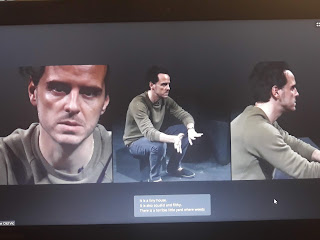How to ethnically experiment when deeply into discovery and wanting progress?
This past month our TOK group has been looking at the scope and sequence of the Natural Sciences, and focusing in on several key questions regarding ethical frames. Namely, while discovery tends to have the upper hand when it comes to overall human progress, the expense of it should not be left unaddressed. The group and my colleague and I have thus delved deep into the nature of bias when speaking about access to both funding as well as recognition for work contributed. Along those lines, we have spent some time unpacking the case of Rosalind Franklin, and the lessons we can learn when examining her role as a researcher within the double-helix break-through discovery.
For those interested in some EdPuzzle exploration of Franklin's work, feel free to use this LINK.
Other relevant questions that stemmed from our discussions are connected with paradigm shifts in terms of the manner in which science is taught in school, and the full context of the extent to which the scientific method is almost an unalienable right to all scientific discovery, and its subsequent application to human progress. In the meantime, we suggest looking to the following external sources:


Comments
Post a Comment